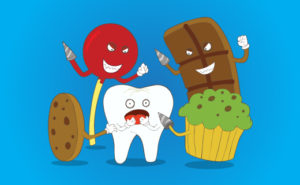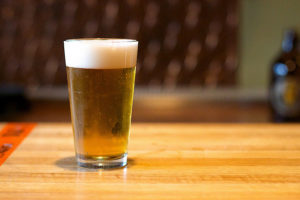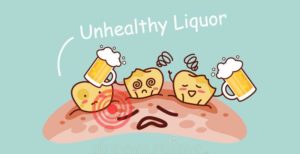If we want to possess healthy teeth and gums, there are certain things to consider, such as controlling your intake to any sugar-related meals. This instance makes life-decision making tough especially when you don’t know which food meals that is great and suitable for you. This causes confusion on which products to add to your cart to maintain a variety of foods in your personal diet.
Outlined below are food products which might surprise you. These are a few of unusual foods which can actually boost your dental health.
 Chili peppers. Chili pepper lovers rejoice. They are rich in vitamin C and A with antioxidants. These vitamins are the key to boosting the immune system and helps keep cavities and gum disease at bay. This is not advisable for people who can’t take the heat though. But for those who can eat up.
Chili peppers. Chili pepper lovers rejoice. They are rich in vitamin C and A with antioxidants. These vitamins are the key to boosting the immune system and helps keep cavities and gum disease at bay. This is not advisable for people who can’t take the heat though. But for those who can eat up.
Cinnamon. The cinnamon challenge may have had a lot of people coughing and hurting themselves but it has a good antibacterial effect in the mouth. Not that you take large amounts of it all at once though. Cinnamic aldehyde is the chemical composition of cinnamon which can provide and promote distinction of taste and color. This condition could deplete bacterial growth in the mouth and can reduce the potential risks of tooth decay and gum disease.
Garlic. Garlic has a long list of health benefits especially in regulating blood pressure and cholesterol levels. This also influences your dental health. It has allicin that has strong antimicrobial properties. This prevents plaque formation and eventual gum disease. So the next time you cook up something put a generous amount of garlic in there. Besides dental services, be sure to perform at-home brushing to freshen your breath and avoid having garlic breath.
Tea. The regular intake of tea not only eases tension and relaxes the mind but also helps your dental health avoid plaque formation. Bad bacteria in the mouth need sugar to grow and clump together to form plaque and stick to your teeth. The flavonoids present in the tea reduce the growth of bacteria by stopping the unwanted production of sugar that a certain bacteria responsible for plaque formation need. This also protects the tooth enamel by coating it making it hard for plaque to stick to your tooth. There are also varieties of tea that has calcium and is needed for teeth and bone growth.
Parsley. We all have that day wherein our breath smells funky. Chewing on parsley can do just the trick. Its oils can give you that fresh minty breath in no time.
Sardines. A can of sardines can give you fatty omega acids, vitamin D, and calcium that you need. Its calcium content is sometimes overlooked. The bones are soft enough to eat making it a good source of calcium.
This is a gentle reminder that there are a lot of foods out there that you can eat with your dental care routines as a supplement to better oral health.


